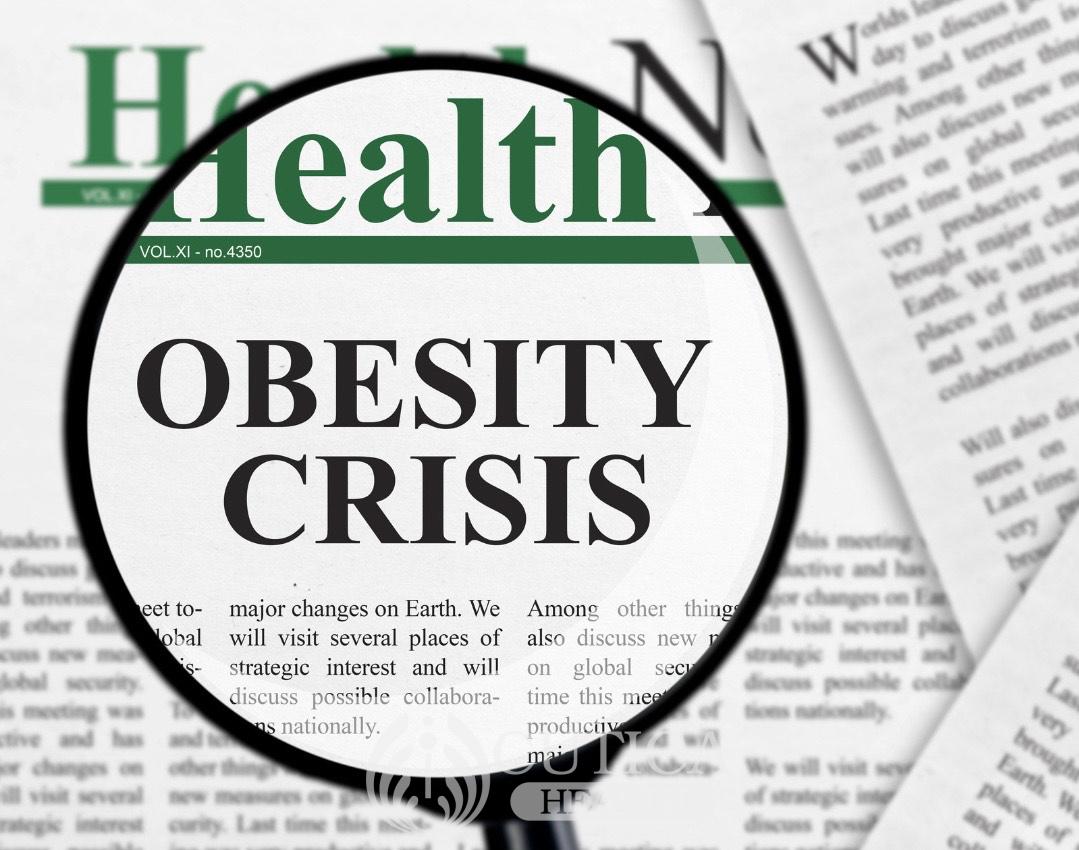
“ Bayo has been working 20hr days for the past 2 weeks. He has an important project to complete and he can’t afford to waste time sleeping. But this last week has been hard on Bayo. He has frequent headaches, finds it difficult to concentrate, feels tired, and forgets important information. Could his poor sleep habits be affecting him? ”
Sleep deprivation occurs when you fail to get enough sleep for an extended period of time. For adults, this means between 6 to 8 hours every night. Often, sleep deprivation is caused by sleep disorders such as insomnia and sleep apnea, chronic pain, illnesses such as cancer, ageing, and other factors such as moving to a new time-zone or having a baby.

Sleep deprivation can result in negative physical and mental health problems such as headaches, fatigue, mood swings, impaired memory, depression, and even heart disease.

Let’s examine some of the top complications of sleep deprivation:
Heart Diseases
Research has shown that if you sleep less than 5-6 hours each night, you increase your risk of developing various heart diseases such as hypertension (high blood pressure), strokes, inflammation, and heart attack. Poor sleep can affect the body’s ability to regulate stress hormones and as a result, the effect of stress on your body is amplified leading to increased blood pressure and inflammation of the heart.
Even more severe sleep deprivation can result in potentially fatal conditions such as heart attacks and strokes. This has been linked to an imbalance of the areas of the brain controlling the blood flow and the formation of blood clots caused by inflammation.
Diabetes
When you take sugar, your body converts it into glucose for the body to use and stores the extra as glycogen. Getting limited amounts of sleep can affect how your body processes glucose as well as the quantity of insulin it produces. This increases your risk of developing type 2 diabetes. For this reason, sleep deprivation is considered a major risk factor in the development of type 2 diabetes.
Psychiatric Disorders
Prolonged sleep deprivation can affect your mental health. Extended periods of low sleep have been linked to symptoms such as hallucinations, paranoia, suicidal ideation, and disorientation. These symptoms can be mistaken for schizophrenia (a psychotic mental illness).
You are also at risk for mood disorders such as depression and anxiety. When you fail to sleep properly for a long period of time, you have a high chance of developing clinical depression. Sleep and mood are regulated by the same hormone called melatonin. Low levels of melatonin have been found in people with insomnia and depression. Additionally, chronic sleep deprivation can lead to anxiety and panic attacks because your ability to handle daily stressors is reduced.
Fertility problems
Sleep deficiency can affect your ability to conceive, whether you are a man or a woman. First, it reduces libido, the drive or desire to have sex. This is because the area of the brain regulating the body’s clock also influences the release of reproductive hormones. Long-term sleep deprivation can reduce the hormones responsible for ovulation as well as testosterone.
Reduced immunity
Your body can fight foreign bodies like viruses and bacteria because your immune system produces the antibodies to fight it. Most of these antibodies are produced when you sleep and also work when you sleep. Sleep deprivation can affect your body’s ability to build up its defense systems, thereby affecting your ability to fight off infections and recover quickly from illnesses.

Conclusion
Sleep plays an essential role in keeping us healthy and functioning. Reduced sleep can have severe consequences for your physical and mental health.












